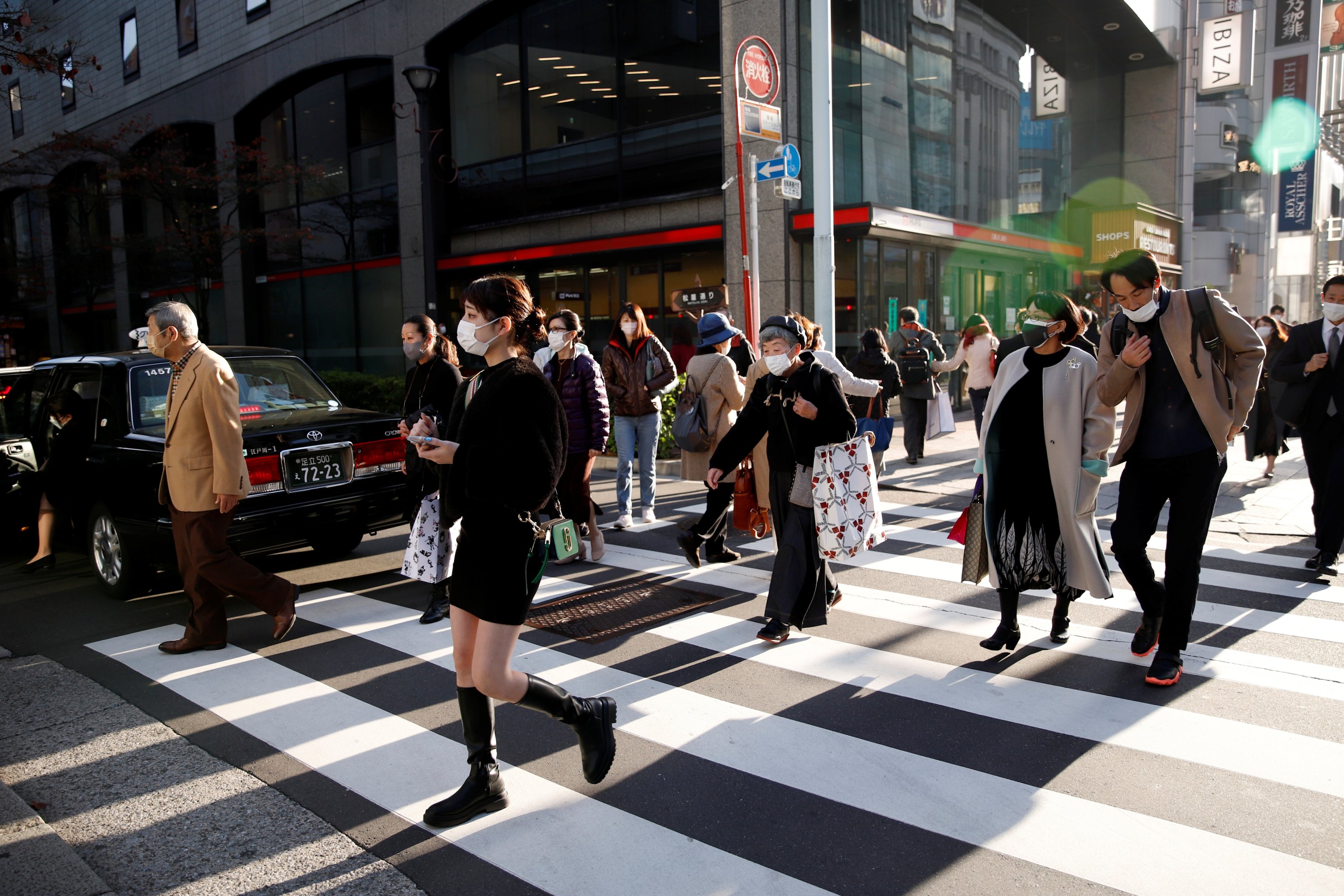5753
0
Omicron could slow the recovery of the global economy
A new variant of the coronavirus omicron could slow the recovery of the global economy from the pandemic, as well as the delta strain.

Yazar: Tom Roberts
Yayınlanma: 6 Aralık 2021 02:37
Güncellenme: 3 Mart 2026 06:05
Omicron could slow the recovery of the global economy
A new variant of the coronavirus, omicron could slow the recovery of the global economy from the pandemic, as well as the delta strain. This was announced by Kristalina Georgieva, CEO of the International Monetary Fund (IMF). "The new variant, which may be spreading very fast, may undermine confidence and in this sense we are likely to see some reduction in our October global growth projections," she said on Friday. Georgieva also commented on rising inflation, which she said will probably worry politicians and consumers for some time to come. It therefore recommended that the US Federal Reserve raise interest rates earlier than expected. This was an unusually direct recommendation from the Washington-based IMF. It came at a time when growing demand coupled with supply-side barriers and a shortage of key materials such as semiconductors had driven US inflation to its highest level in three decades. The Fed has already indicated that the stimulus measures will be removed more quickly, opening the door to rising interest rates on loans by mid-2022. "Inflation is likely to be higher over time, especially in economies that have recovered faster from the pandemic, such as the United States," said IMF Chief Economist Gita Gopinath and Tobias Adrian, IMF's director of monetary and capital markets. Given that the US economy is recovering sharply from the pandemic, as well as the tight labor market situation and large price increases, "it would be appropriate for the Federal Reserve (Fed) to accelerate the reduction in asset purchases and embark on a path of rising interest rates, "the IMF recommended. The Fed began to slow down its monthly bond-buying program, which it introduced at the start of the pandemic, when it cut the reference interest rate to zero. Fed Chairman Jerome Powell said earlier this week that he would advocate a faster end to the bond purchase, which would mean that the bank will be in a position to raise rates in the first half of next year.İLGİLİ HABERLER





European stocks soared and focus shifted to German retail sales after Powell's speech!

Forex Signal For TRY/USD: Inflation Slowdown in November.

Forex Signal For GBP/USD: Bullish Trend Still Not Breaking While Recovery Continues.

Forex Signal For EUR/USD: Starry US Data Points to Higher Fed Increases.

Forex Signal For BTC/USD: Downside Continues as Bitcoin Recovery Moves Less.
En Popüler Haberler
Yorum Yap
Yorumlar
Henüz yorum yapan yok! İlk yorumu siz yapın...